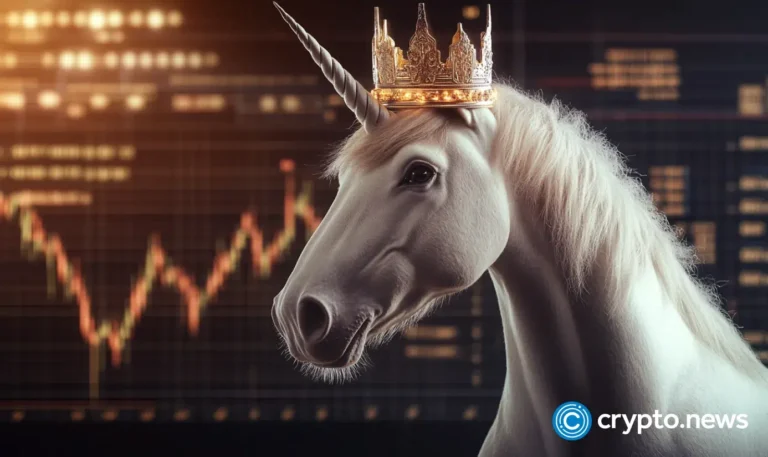As Solana coin scams increase, Animoca Brands has issued a public notice regarding the compromise of co-founder Yat Siu’s X account.
The official statement clearly states that the recent allegations regarding the launch of the $ANIMOCA token or non-fungible tokens on the Solana blockchain, attributed to Animoca Brands, were the result of malicious activity on the part of the hacker. Kenta, a crypto game streamer, conducted the investigation first.
The Hong Kong-based gaming software company said that, as of now, there are no official tokens or NFT launches associated with Animoca Brands and urged users not to interact with the compromised account. Animoca Brands promised further updates once the account is restored.
https://twitter.com/animocabrands/status/1872094029451772161
Yat Siu and David Kim founded Animoca Brands Corporation in 2014. The company initially focused on mobile game development, but in 2018 shifted its focus to blockchain games and NFTs, becoming a key player in the Web3 space.
Vulnerabilities on the Solana blockchain
This is not the first time the Solana blockchain has been used to run a scam. Solana’s infrastructure exposes users to specific vulnerabilities. A recent case brought by the US Department of Justice has shed light on this issue, with the Justice Department accusing two California men, Gabriel Hay and Gavin Mayo, of running NFT rug draws on Ethereum and Solana, which cost buyers more than 22 million dollars. These rug pulls included promoting fake NFT projects like Gem Chest and Faceless and absconding with investors’ money. This is the largest NFT fraud ever prosecuted by the DOJ. Further away, Duckthe Canadian singer, also had his account compromised to promote the Solana-based Anita coin.
Why is Solana vulnerable to scams?
Although Solana’s architecture was designed to be efficient, it introduces a number of risks that make it more vulnerable to scams than other networks. The tokenized account structure used by Solana allows attackers to reassign ownership of assets using specific commands, leaving funds practically unrecoverable.
Additionally, Solana’s one-stage transaction approval, compared to Ethereum’s multi-phase allocation of contract functions, can result in instantaneous and irreversible losses once a malicious transaction is authorized. The platform’s ability to consolidate multiple subtransactions into a single approval also increases the risk of invisible thefts.
Scammers are also taking advantage of Solana Unsustainable ability to delay the implementation of fraudulent operations, evade alerts and surprise victims. This, added to the ignorance of users regarding the operational risks of Solana, makes it a prime target for scams.

